On July 11, the Ministry of Education and Training held a workshop on Deploying a digital competency framework for students - International experience and Vietnamese practice.
The workshop took place at RMIT University Vietnam (HCMC), with the participation of representatives from Departments and Offices from the Government Office , Ministry of Education and Training and more than 200 higher education institutions across the country.
Many issues arise when implementing the digital competency framework.
Speaking at the opening of the workshop, Mr. Nguyen Anh Dung, Deputy Director of the Department of Higher Education (Ministry of Education and Training) said that since January 2025, the Ministry of Education and Training has officially issued Circular No. 02/2025/TT-BGDDT regulating the Digital Competency Framework for learners.
This digital competency framework serves as a basis for schools to develop training program standards and educational programs, and is also the foundation for compiling learning materials and instructional materials to support learners in systematically developing digital competencies.
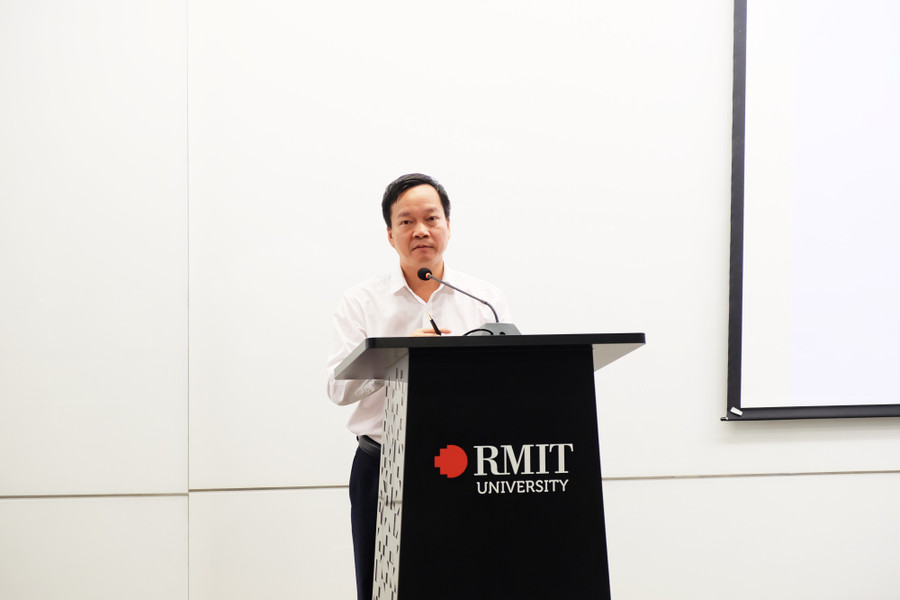
According to Mr. Nguyen Anh Dung, schools now need to choose a suitable model to develop and apply digital capacity in the curriculum. In addition, determining the approach, from building the curriculum framework, organizing implementation to testing and evaluation also poses problems for training institutions.
Another issue to consider is the staffing required to implement the digital competency framework for learners. Currently, young staff often have the ability to quickly access new technologies and methods, while older staff sometimes have difficulty in changing the way they teach and approach digital competencies.
In addition, the Deputy Director of the Department of Higher Education also raised the issue of testing and assessing students' digital competence. "Do the assessment scores truly reflect students' digital competence?", Mr. Dung raised the issue for discussion at the workshop.
"Technology for people"
Speaking at the conference, Associate Professor Dr. Do Van Hung, Head of the Faculty of Information and Library, University of Social Sciences and Humanities (Vietnam National University, Hanoi) cited the educational philosophy of John Dewey (1859 - 1952), an American philosopher and educational reformer: "Let's stop considering education as a mere preparation for future life, let's consider education as the full meaning of life taking place in the present."
Associate Professor Hung believes that Dewey’s philosophy of “Education is life” has contributed to changing social awareness of the nature of education. Because education is life, the curriculum needs to be closely linked to practice and experiential activities.
Knowledge should not be imposed from outside but should be formed through the actual experience of the learner. The educational process should be learner-centered, instead of teacher-centered.
Mr. Hung emphasized that this idea is also particularly suitable in the current context of digital capacity development, where learners need to be proactive, creative and in control of their own learning experiences.
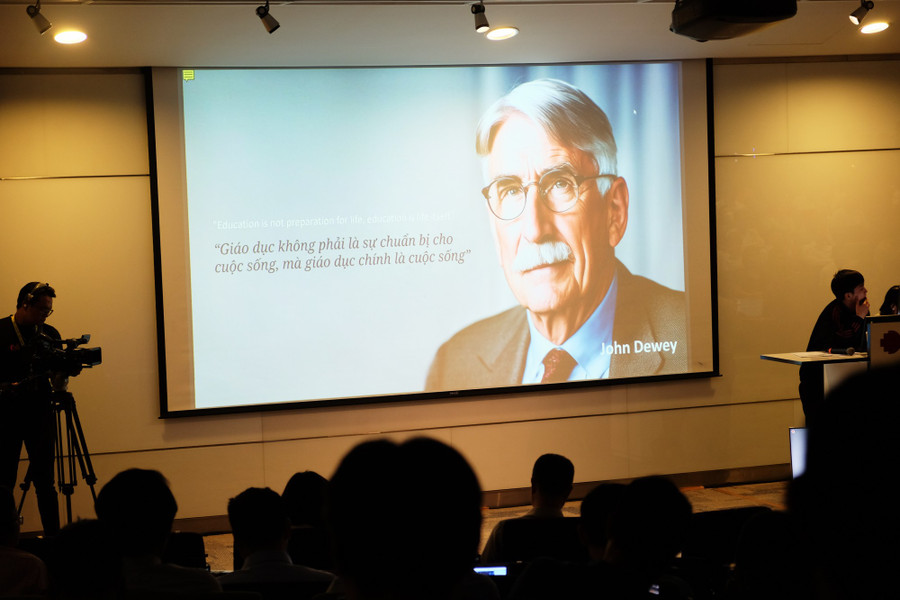
According to Associate Professor Dr. Do Van Hung, the strategy for approaching digital capacity at the University of Social Sciences and Humanities is developed based on a humanistic foundation, with an orientation towards integrating technology and humanistic values in the training program.
The core philosophy is defined as: “Technology for people – People master technology”.
In terms of implementation, the school established a new set of output standards, innovated the training program, and deeply integrated digital technology elements into each subject. At the same time, liberal education and social responsibility were integrated into digital training activities to comprehensively develop learners.
A series of specialized courses are also designed such as: digital citizenship, information skills, digital ethics and artificial intelligence (AI). Workshops and courses on digital competencies with humanistic depth are regularly organized to improve the capacity of lecturers and students.
Associate Professor Hung said that the school pays special attention to promoting a learner-centered digital learning ecosystem through connecting and cooperating with businesses, organizations, and universities at home and abroad.
The digital competency framework for learners aims to develop long-term adaptive competencies, including: flexibility, growth mindset, personal agency, creative problem solving, communication and collaboration, and project management.
These competencies are developed along a four-level path: fluency, proficiency, expertise, and mastery.
Bringing digital literacy into every subject
In his report at the workshop, Prof. Dr. Nguyen Trung Kien - Vice Rector of Ho Chi Minh City University of Technology (HUTECH) shared his experience in implementing a digital competency framework for students at a private university.
At the same time, Professor Kien introduced the Artificial Intelligence (AI) model and digital transformation in higher education for the sustainable development of HUTECH.
According to him, HUTECH has built a modern educational ecosystem, in which the training program is designed to integrate artificial intelligence, digital transformation and sustainable development.
Digital competencies and artificial intelligence are integrated throughout the training program to prepare learners for the changes of the times.
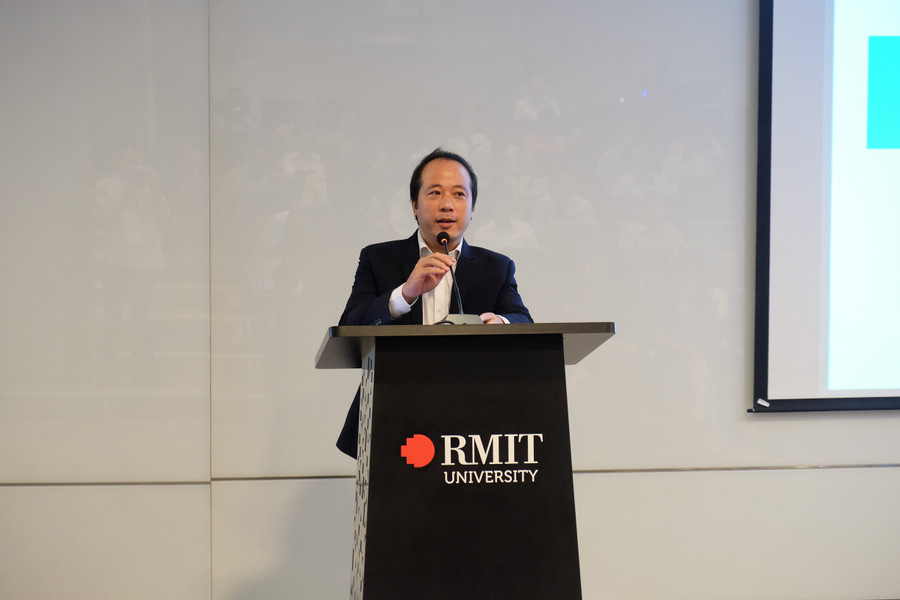
The curriculum includes five core elements: project design thinking, sustainable development, applied artificial intelligence, technology, and professional experience.
From there, students are equipped with output competencies including: problem-solving skills, sustainable development competency, digital and AI competency and professional competency.
Professor Kien said that HUTECH's learning ecosystem also applies technology to enhance the teaching and learning experience. Each detailed syllabus and each course integrates standard criteria for digital competence for students.
He emphasized that to effectively deploy digital capacity in the university environment, there needs to be a synchronous change in thinking from school leaders, to department heads and lecturers.
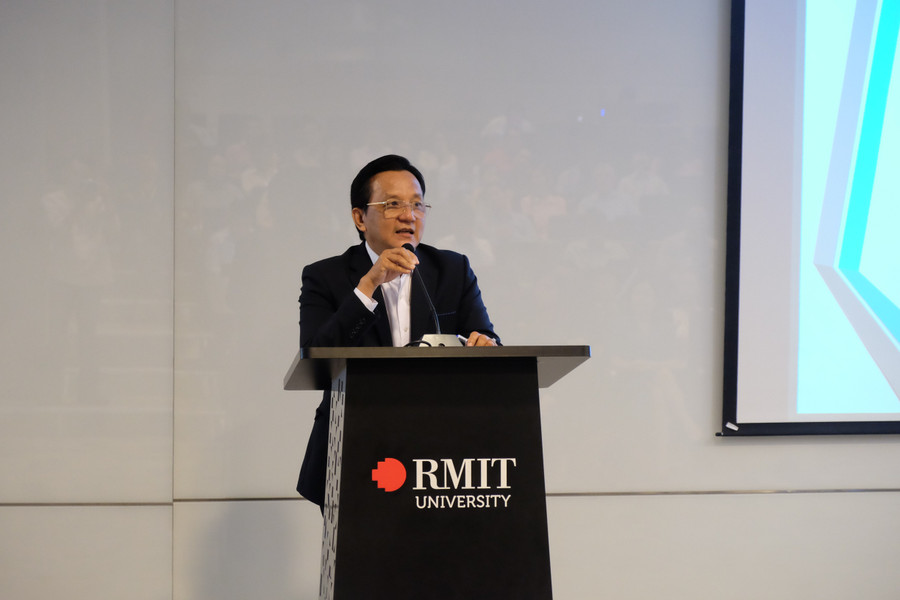
Dr. Le Xuan Truong, Vice Rector of Ho Chi Minh City Open University, said that the process of implementing the digital competency framework at the school is built on a roadmap of 4 stages: before 2013, from 2013 to 2019, from 2020 to 2025 and from 2025 onwards.
Since the beginning of 2020, Ho Chi Minh City Open University has applied a blended learning model, flexibly integrating in-person and online forms for full-time students.
Entering the period from 2025, according to Circular No. 02/2025/TT-BGDDT and Decision No. 1504/QD-BGDDT, the IT training program for non-IT students at the school has been officially updated.
The training content is designed to consolidate information technology knowledge and develop digital capacity towards levels 5 and 6 in the National Digital Capacity Framework.
The program not only continues to equip people with computer skills and essential office software, but also expands to new topics such as artificial intelligence (AI) – a key area in competency domain 6.
This is considered an important step in improving comprehensive digital capacity for non-IT students.
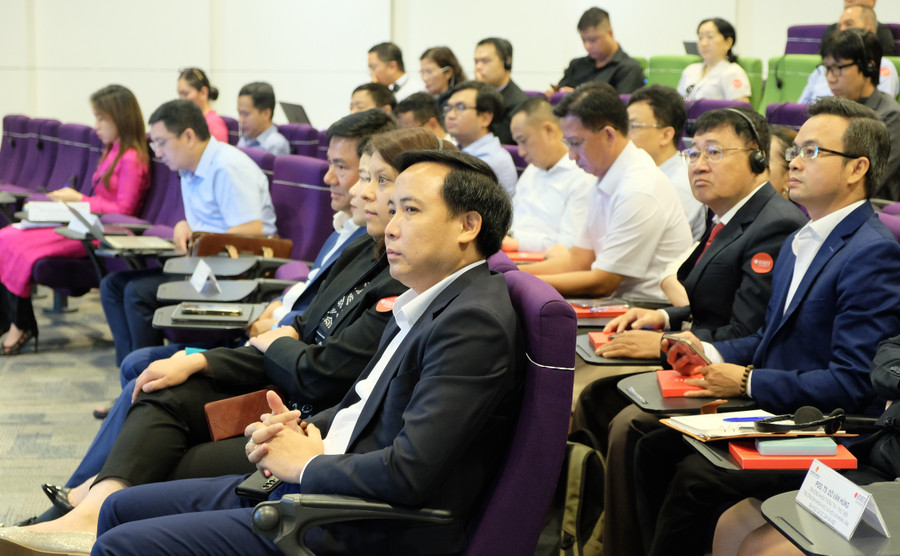
At the workshop, many delegates shared methods to enhance digital capacity for students in the context of higher education strongly transforming towards digital transformation.
Delegates emphasized the essential role of equipping digital capacity as a fundamental requirement for students to adapt and develop in the modern working environment.
In addition to solutions to integrate digital competencies into training programs, develop digital learning materials, organize specialized courses and apply technology in teaching, many delegates also frankly pointed out the difficulties they are facing.
Some universities have difficulty investing in synchronous online learning systems, practice equipment, specialized software, or have teaching staff that have not been properly trained in teaching methods that integrate digital competencies.
Source: https://giaoducthoidai.vn/dua-nang-luc-so-vao-mach-song-chuong-trinh-dao-tao-dai-hoc-post739341.html






![[Photo] Dan Mountain Ginseng, a precious gift from nature to Kinh Bac land](/_next/image?url=https%3A%2F%2Fvphoto.vietnam.vn%2Fthumb%2F1200x675%2Fvietnam%2Fresource%2FIMAGE%2F2025%2F11%2F30%2F1764493588163_ndo_br_anh-longform-jpg.webp&w=3840&q=75)



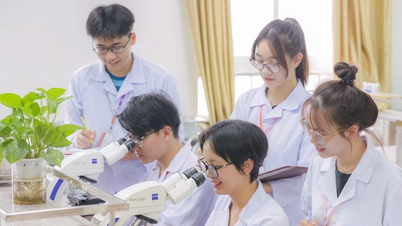
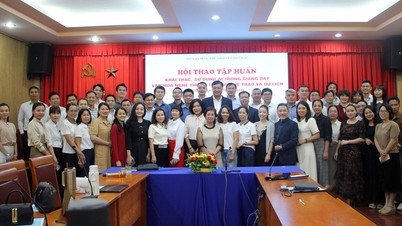

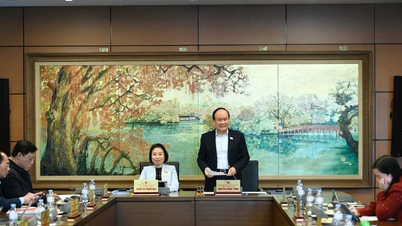


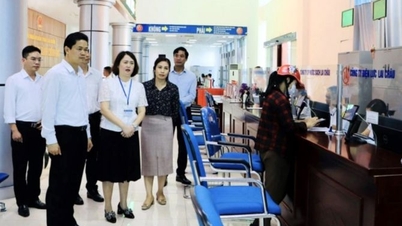




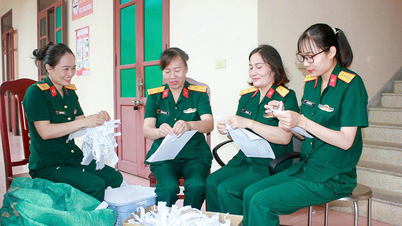



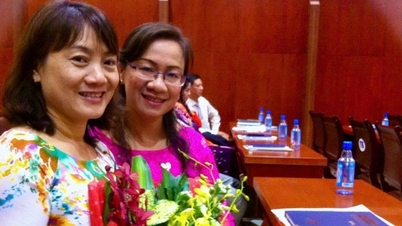

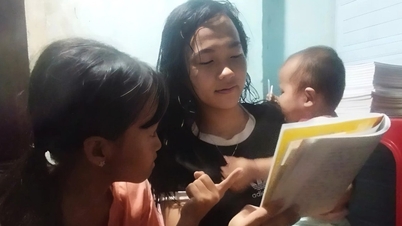





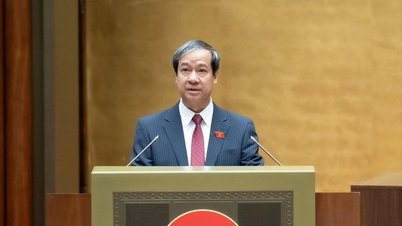
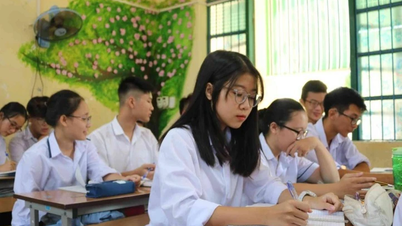
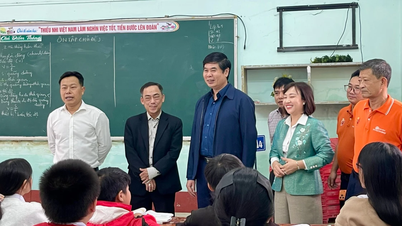
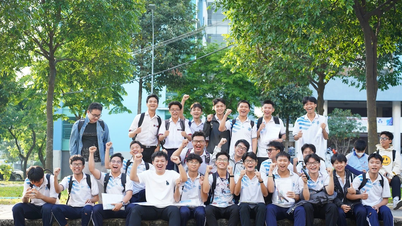
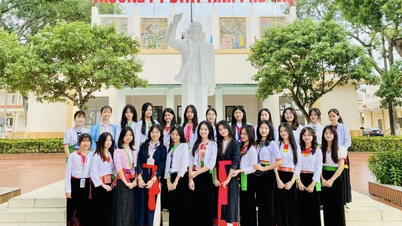
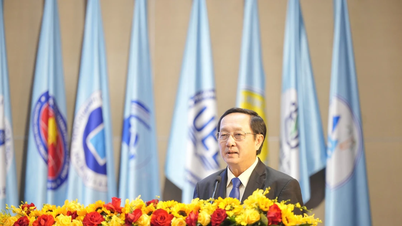

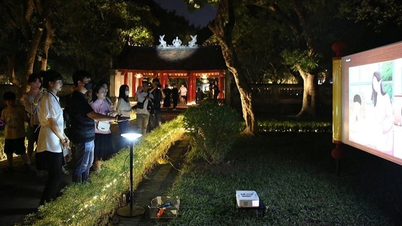








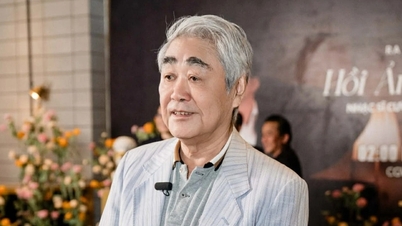

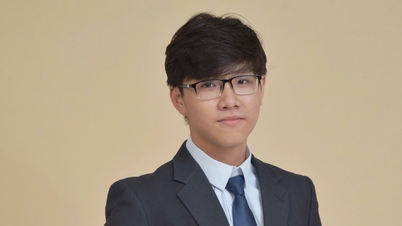
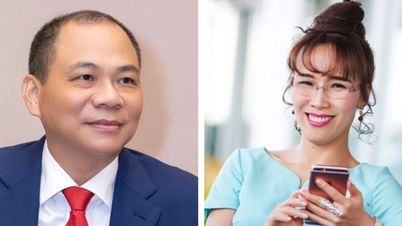


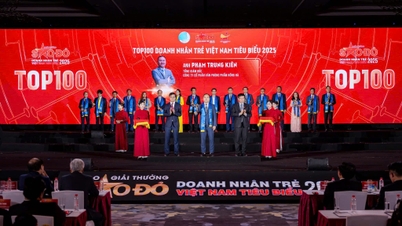

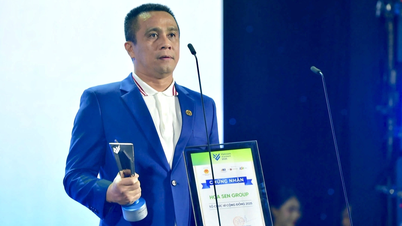










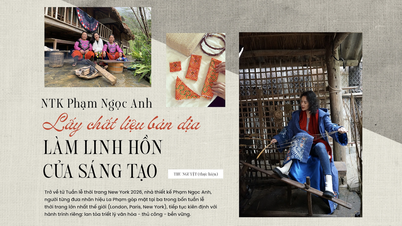


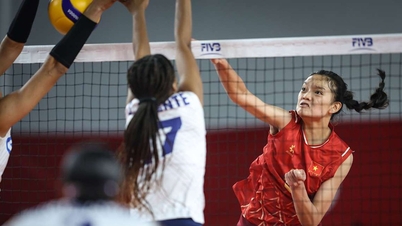

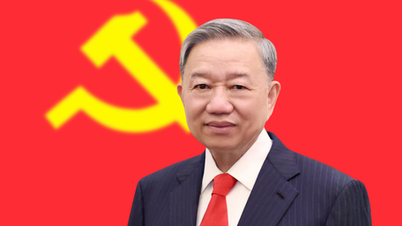
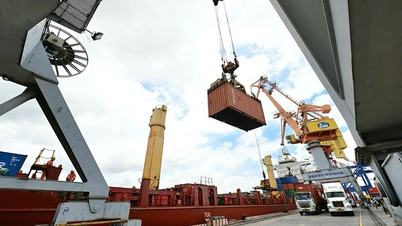
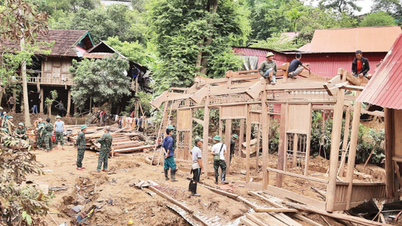

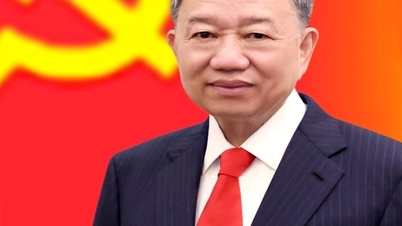

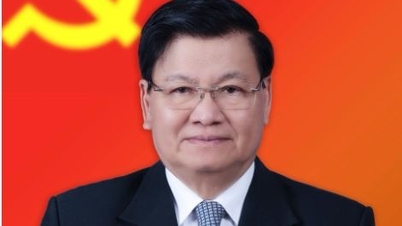
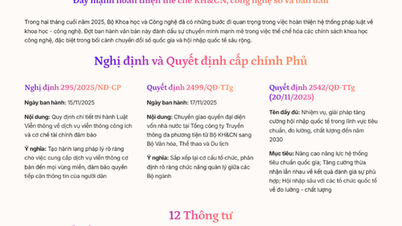

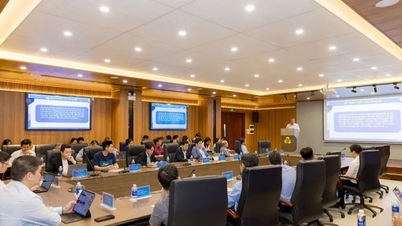
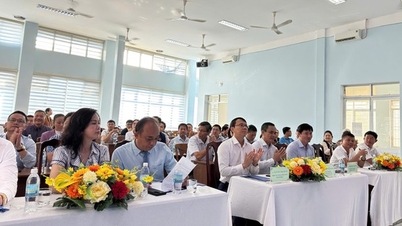
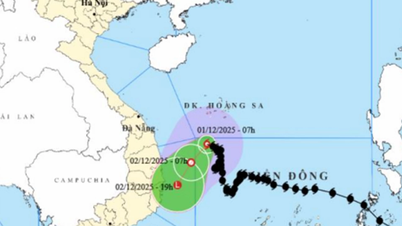





















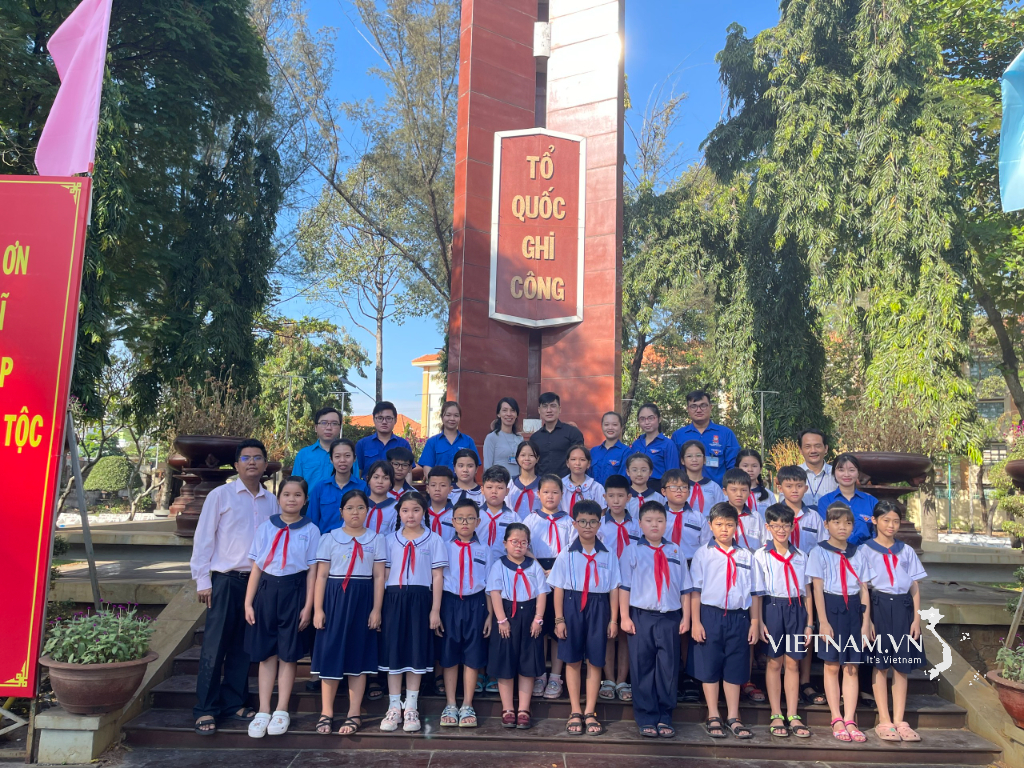


Comment (0)